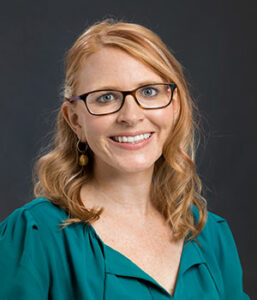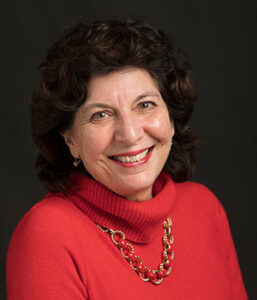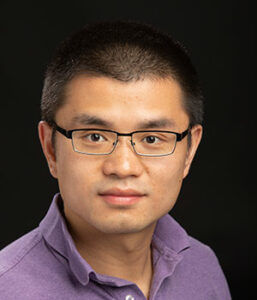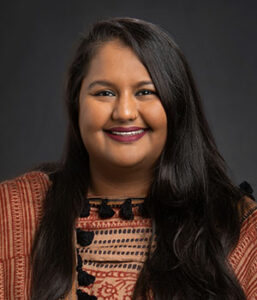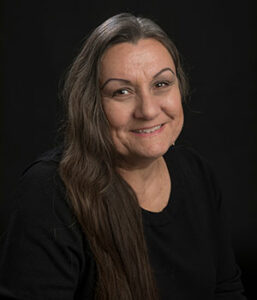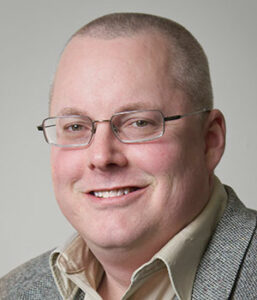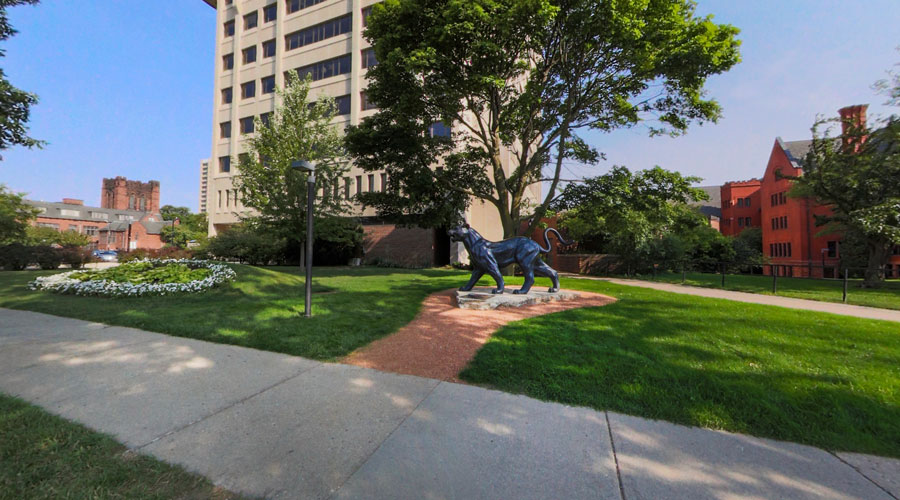School Counseling: Post-Master’s Certificate
Counselors can change lives. That’s one of the many reasons we’re excited about the work we are doing at UWM and why our School Counseling Post-Master’s program is deeply committed to training multiculturally competent counselors who are ready to use their skills to help clients in diverse settings.
Program Type
Graduate Certificate
Program Format
On Campus
Why Choose Our Program?
- Commitment to diversity: The Department of Educational Psychology is recognized for its commitment to diversity and has more than 50 years of experience training multiculturally competent counselors and psychologists.
- Location: We’re located in the state’s economic, cultural and career capital, just 15 minutes from downtown Milwaukee and 90 minutes from Chicago, ensuring ample internship and networking opportunities.
- Research: Opportunities to work alongside faculty as an integral member of their research teams. You may also have the opportunity to present your work at national conferences.
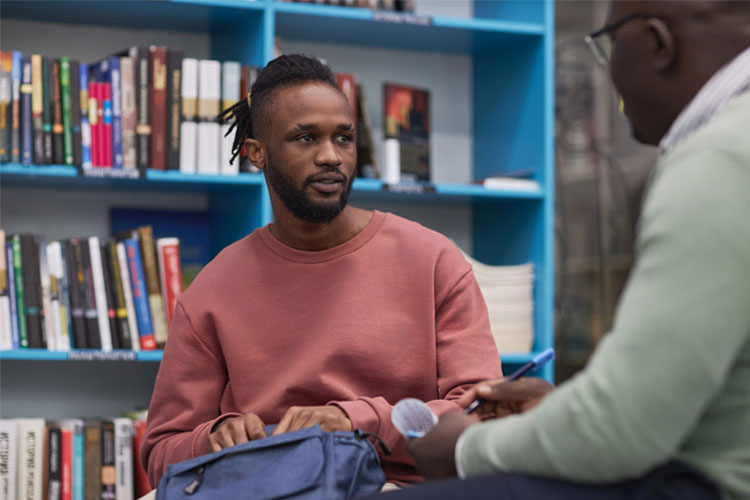
The School Counseling Post-Master’s Certificate program is provided for students who already possess a master’s degree and need to meet the course requirements for certification as a K-12 School Counselor, as listed below. Courses can be waived if equivalent courses have already been completed, as determined by consultation with an advisor.
The requirements for the School Counseling Post-Master’s certification program meet the certification standards of the Wisconsin Department of Public Instruction. For more information on the School Counseling: Initial Educator: K-12, five-year license, please see the Wisconsin Department of Public Instruction website.
In order to be eligible to receive an initial educator license as a school counselor, students will need to:
- Complete the coursework and practica requirements
- Pass the national Praxis II licensing examination
Note: Other states have different licensing standards and if you are interested in being eligible for a different state you are strongly encouraged to contact that state’s Department of Public Instruction to ascertain whether additional requirements are necessary.
Counseling Handbook
For additional information about the program, please see the Counseling Master’s Handbook (PDF)
Student Data
| Student data for the 2022-2023 academic year (School Counseling) | |
|---|---|
| Number of students who applied to the programs: | 43 |
| Number of students admitted to the programs: | 22 |
| Number of students who accepted offer of admission to the programs: | 13 |
| Number of students enrolled in the programs: | 26 |
| Number of students who graduated the programs: | 5 |
Career Resources
Program Requirements
Students who already possess a master’s degree may be admitted as non-degree/certificate students. They can take the required course work to meet the requirements for counseling licensure without completing a second graduate degree. The School Counseling Post-Master’s course sequence is generally shorter than what would be required to complete the MS.
Application Process
Graduates of the UWM master’s program in counseling need not apply to the master’s program. Applicants apply to the Graduate School as non-degree candidates and are recommended for admission by the Counseling Area chair.
All other applicants who possess a master’s degree may also be considered for admission. To be considered, applicants must have a graduate GPA of 3.0 or better. The department must receive all materials by the same deadline indicated in the first paragraph of the Application Information section above.
All applications must be completed fully online through the UWM Graduate School’s Panthera Application System.
Applicants must submit the following to the Graduate School as part of the admissions process:
- All post-master’s applicants have two options – to complete the certification sequence as part of a second master’s degree, or as certificate/non-degree students. Please note that certificate and non-degree students are not eligible to receive federal financial aid.
- Please also remember to upload an unofficial copy of your transcripts directly into the online application. If official transcripts are not already on file, the Graduate School will require official transcripts after admission.
- Remember to complete the Reasons statement, Residency Calculator, and all other required materials in the online application
Upon admission, you will be asked to send official transcripts to:
Graduate School
University of Wisconsin-Milwaukee
P.O. Box 340
Milwaukee, WI 53201
- Associate Professor, Educational Psychology
- Program Director, School and Clinical Mental Health Counseling, MS
- autin@uwm.edu
- Enderis Hall 791
- University Distinguished Professor, Educational Psychology
- Mary and Ted Kellner Endowed Chair of Educational Psychology, Educational Psychology
- Program Director, Counseling Psychology, PhD
- nadya@uwm.edu
- 414-251-8328
- Enderis Hall 773
- Assistant Professor, Educational Psychology
- nikalje@uwm.edu
- 414-251-7057
- Enderis Hall 793
- Associate Professor, Educational Psychology
- lrouse@uwm.edu
- Enderis Hall 729
Kelsey Autin, PhD, Assistant Professor
Dr. Autin’s research interests include how people find fulfillment in their occupations and how this relates to overall well-being. A major focus of her work is on how identity and sociopolitical contexts shape beliefs and barriers to obtaining decent work outcomes.
Nadya A. Fouad, PhD, ABPP, Distinguished University Professor
Dr. Fouad’s research interests include cross-cultural vocational assessment, career development, interest measurement, role of race and social class in development, and cross-cultural counseling.
Xu Li, PhD, Assistant Professor
Dr. Li’s research interests reside reside in two general lines of research: (1) the process, outcome and training in individual and group psychotherapy, and (2) the career development as well as mental health of college students or early career employees.
Ankita Nikalje, PhD, Assistant Professor
Dr. Nikalje’s research focuses on the impact of systemic, institutional, interpersonal and internalized oppression on lived experiences and mental health. She is particularly passionate about issues of within-group discrimination and uplifting the experiences of those who are minoritized within their communities and social/identity groups.
Leah Rouse, PhD, Associate Professor
Dr. Rouse’s research interests include trauma psychology, suicidology and mental health issues facing law enforcement, military populations, cancer patients/survivors and American Indian communities. She privileges contextual and qualitative perspectives in research and practice.
Stephen R. Wester, PhD, ABPP, Professor
Dr. Wester’s research interests include male gender role conflict, multicultural expressions of masculinity, gender and emotion, counseling men, as well as the training of counseling psychologists and counseling supervision.

